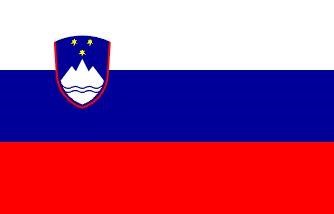SloveniaHolidays.com > Info > About Slovenia
Brief history of Slovenia
Slavic ancestors of Slovenians came from eastern parts of Europe and inhabited territory north of present day Slovenia around the year 550. In the second half of the 7th century they established a state called Caranthania, which is considered one of the first Slavic states. The ruler of this state was elected by popular vote. Later the Caranthanians were subjugated by the Franks. They were soon christianized but they preserved some autonomy.
From the year 975 up till the time of the Napoleonic Wars the region was a part of Holy Roman Empire. With the brief exception of the Napoleonic occupation, ancestors of modern day Slovenes lived under the rule of Habsburg dynasty from the 14th century until the end of the first World War.

The revolutionary wave of the Spring of the Nations in the 19th century had infuenced Slovenian national movements and demands of Slovenian autonomy in the Habsburg monarchy began. After the end of the first world war, Slovenians joined a new south Slavic state called the Kingdom of Serbs, Croats and Slovenians. It was later renamed to Yugoslavia.
In the World War II, Slovenia was invaded and occupied by Germans, Italians and Hungarians. Through the years, Slovene partisan guerrilla managed to liberate large portions of the Slovene Lands.
After the end of war, Slovenia became a republic in the reestablished communist Yugoslavia. Although it was communist state, it distanced itself from the Soviet bloc. In the late 1980's, Slovenes were increasingly dissatisfied with the state’s centralized exercise of power.
In 1991 they succeeded in establishing their independence. In May 2004, Slovenia joined the European Union and NATO, which was followed by adopting the Euro in 2007.







